WSJ: Carriers not as keen on Tizen as they were before

Every time we get close to a launch for a Tizen powered handset, something seems to happen to delay the project. Japan's DoCoMo was all set to make an announcement about the phone in the middle of last month. The carrier's president, Kaoru Kato, practiced his speech a month in advance, signifying the importance of Tizen for the mobile operator. But on the very day that the phone was to be unveiled, Kato canceled the announcement, stating that there was no demand in Japan for a competitor to the iOS and Android duopoly. The executive subsequently said that "Tizen continues to be extremely important...we will watch global market trends to decide on a launch."
France's Orange was expected to launch a Tizen powered phone at the same time as DoCoMo. Instead, the company backed off, stating that it feels that Tizen is not "as mature" as the operator thought it would be. Orange says it does not have a Tizen phone in its line up that is ready to be released soon.
Carriers that have given up on Tizen include Sprint. The third largest carrier in the U.S. had originally joined the Tizen Association in May of 2012, but left last year to focus "on more immediate product launches." Telefonica, in Spain, left the Tizen Association and decided instead to marshal its resources on the Fireox OS. The carrier released the first handset running the latter platform, saying it was an easier sell in the entry-level niche of the Latin American phone market.
But the relationship between Google and Samsung might never be closer than it is now after both sides agreed to a 10-year cross licensing pact, and Google sold its Motorola handset business to Lenovo. Still, the Korean manufacturer is going ahead with the OS. According to those familiar with the plan, it offered the developer of one of Android's big-time apps, with more than 50 million downloads, $100,000 to make a version of the app for Tizen.
As for Tizen, Samsung will finally introduce a "sneak preview" at MWC in Barcelona later this month. While Samsung is seemingly going through the motions, the question is if its heart is really still in the project.
source: WSJ
Carriers that have given up on Tizen include Sprint. The third largest carrier in the U.S. had originally joined the Tizen Association in May of 2012, but left last year to focus "on more immediate product launches." Telefonica, in Spain, left the Tizen Association and decided instead to marshal its resources on the Fireox OS. The carrier released the first handset running the latter platform, saying it was an easier sell in the entry-level niche of the Latin American phone market.
It was originally believed that Samsung had worked hard to finish Tizen so as not to be seen as a slave to Google and its open source Android OS. By having Tizen around as a possible Android replacement, Samsung could threaten to launch its handsets powered by its own OS. Not coincidentally, that would allow Samsung to capture the sale of third party apps, content and services on Tizen, instead of letting Google take all of that revenue from Android.
But the relationship between Google and Samsung might never be closer than it is now after both sides agreed to a 10-year cross licensing pact, and Google sold its Motorola handset business to Lenovo. Still, the Korean manufacturer is going ahead with the OS. According to those familiar with the plan, it offered the developer of one of Android's big-time apps, with more than 50 million downloads, $100,000 to make a version of the app for Tizen.
As for Tizen, Samsung will finally introduce a "sneak preview" at MWC in Barcelona later this month. While Samsung is seemingly going through the motions, the question is if its heart is really still in the project.
source: WSJ



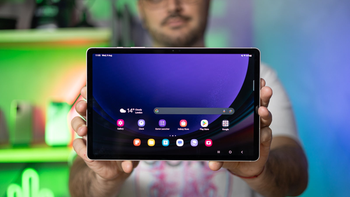




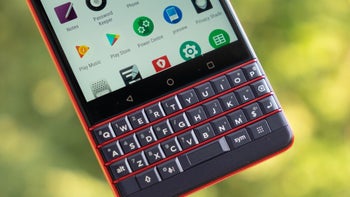
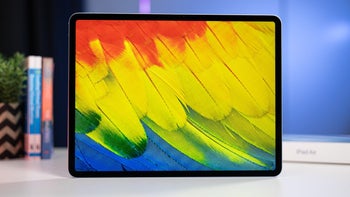
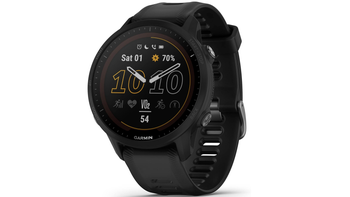

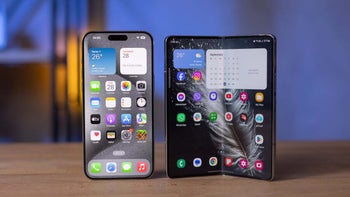
Things that are NOT allowed: